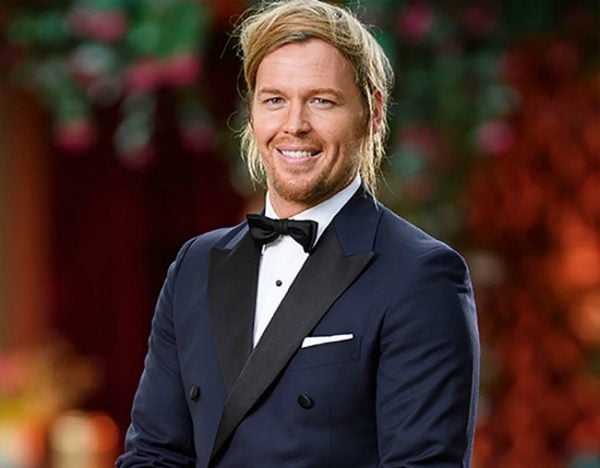In the days, weeks and months after Julia Gillard gave her rousing speech to parliament in 2012, where she defiantly – now famously – told our then Opposition Leader she would “not be lectured on sexism and misogyny by this man”, a curious thing happened.
Few argued with her general point. Tony Abbott’s own quotes did much of the talking: Women are at home “doing the ironing”, some of his candidates have “sex appeal”, and the “aptitudes and abilities” of men and women are “physiologically” different and therefore why should women expect to secure leadership positions?
In the ensuing analysis of her speech, some took issue with her conscious use of the word misogynist in a context as public as parliament. Debate re-focused as a discussion about the definition of misogyny, rather than the behaviour of the accused misogynist at hand.
Does a misogynist have to exclusively hate women, or does having an overarching prejudice for women fit the definition neatly enough?
It depends, it would seem, who you ask.
This week, if you’re a reality TV fan, conversations about The Bachelorette have centred, almost entirely, on Sam. He was unceremoniously dumped from the show, his character on television appearing to be one with no filter, no humility and a lack of respect for women.
He showed us, in sprinklings of conversations littered throughout the series, that brief glimpses of sexism can come together to paint a picture of misogyny.
Consider the scene where he deliberately and publicly declared he was staring at Sophie’s “cans”, and steadfastly peered down her shirt.
His justification for his intent to stare was a charming one: “I’ve been in a mansion with men for a week, and you’ve got boobs.”





























































































